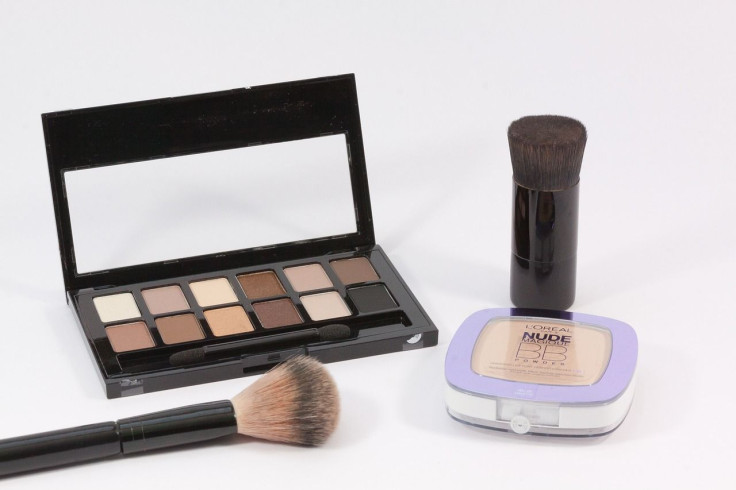Traditional Cosmetics, Soaps Drastically Increase Endocrine-Disrupting Chemicals In Body

The chemical manufacturing of personal care products is not well regulated in the United States. Typical personal care products such as makeup, perfumes, hair products, soaps, and sunscreens are made with a plethora of unhealthy chemicals such as of phthalates, parabens, triclosan and oxybenzone. These chemicals disrupt the body’s endocrine system causing hormone imbalances, and can bring about neurobehavioral problems, obesity, diabetes, and cancer.
While it’s clear these products contain these chemicals, the extent to which they pervade our bodies has long remained questionable. A new study, published in Environmental Health Perspectives, sought to clear this up. It found typical personal care products overload our bodies with so much endocrine-disrupting chemicals that taking just small breaks from these products can lead to a significant drop in the levels of these harmful chemicals.
To complete the study, researchers from the University of California, Berkeley partnered with Clinica de Salud del Valle de Salinas, a local health clinic, and the Health and Environmental Research on Makeup of Salinas Adolescents (HERMOSA), a collaborative project between the university and the Chamacos Youth Council, which was created to encourage young people to partake in public health and environmental studies. Twelve local high school students helped design and carry out the study.
The researchers asked 100 teen girls to stop using their personal care products for three days, and instead, use products labeled free of toxic chemicals. Young women were chosen for the study because “women are the primary consumers of many personal care products [and] they may be disproportionately exposed to these chemicals,” said lead study author Kim Harley, in a press release." Teen girls may be at particular risk since it's a time of rapid reproductive development, and research has suggested that they use more personal care products per day than the average adult woman."
After taking urine samples from the women before and after the three-day trial, the researchers found that halting the use of typical personal care products led to a significant decrease in endocrine-disrupting chemical levels. Metabolites of diethyl phthalate (found in perfumes) decreased by 27 percent; methyl and propyl parabens (found in cosmetics) dropped by 44 and 45 percent, respectively; and triclosan (found in antibacterial soaps and toothpaste) and benzophenone-3 (found in sunscreen) fell by 36 percent.
Unexpectedly, the participants showed a small increase in the concentration of two less common parabens at the end of the trial. The researchers attributed this anomaly to a potential substitution paraben not listed on the labels of chemical-free products, or accidental contamination. While the former may suggest the purity of chemical-free products will require further research, the study’s results indicate a clear need to avoid using typical personal care products, the researchers said.
"One of the goals of our study was to create awareness among the participants of the chemicals found in everyday products, to help make people more conscious about what they're using," said Maritza Cárdenas, one of the teen researchers who is now an undergraduate student at UC Berkeley. "Seeing the drop in chemical levels after just three days shows that simple actions can be taken, such as choosing products with fewer chemicals, and make a difference."
Since the study’s completion, Cárdenas has tried to use more organic products herself. "It's hard, especially as a college student who doesn't have a lot of money. You tend to just get what's on sale. But I've decided to splurge more on products with fewer chemicals because of the effect in the future. And if you can't make the best choice when you're buying because of cost, you can at least try to limit the use of the products you do buy."
Source: Harley KG et al. Reducing Phthalate, Paraben, and Phenol Exposure from Personal Care Products in Adolescent Girls: Findings from the HERMOSA Intervention Study. Environmental Health Perspectives. 2016.



























